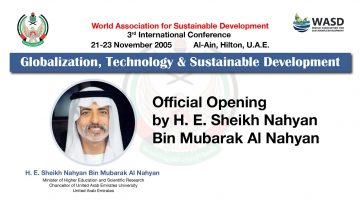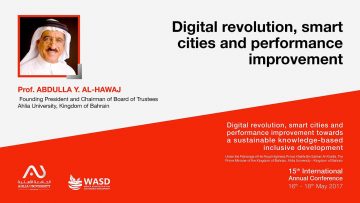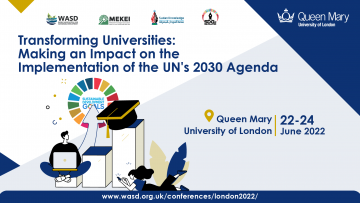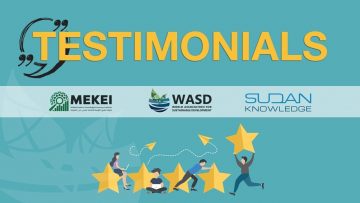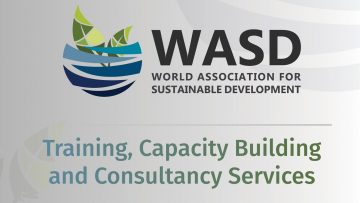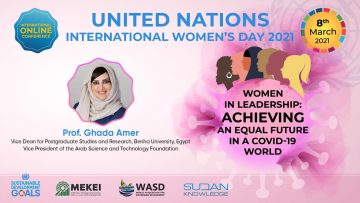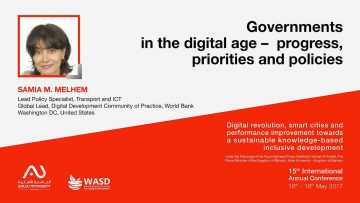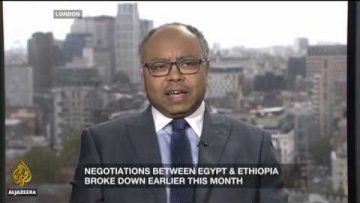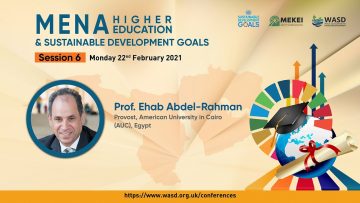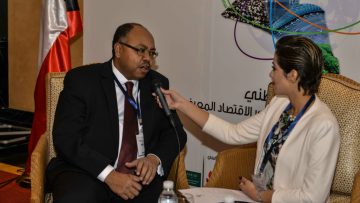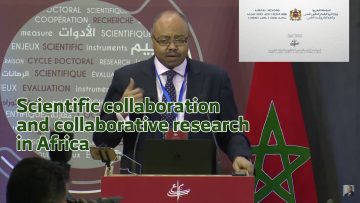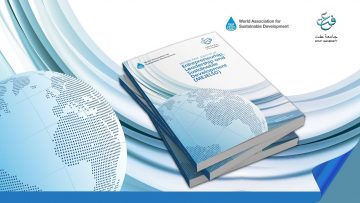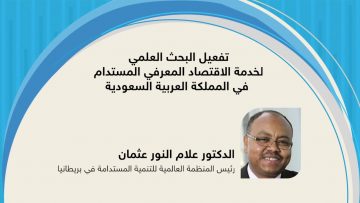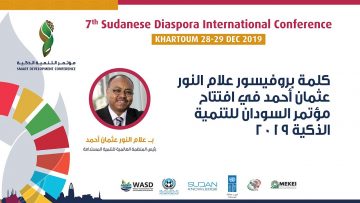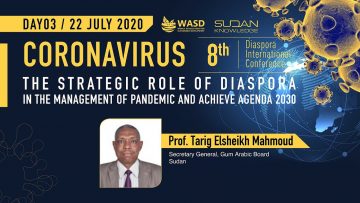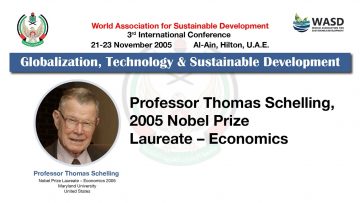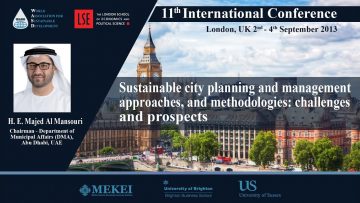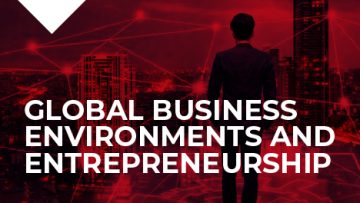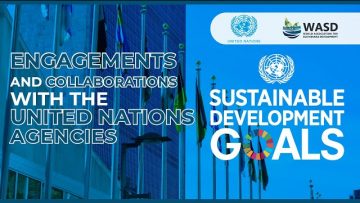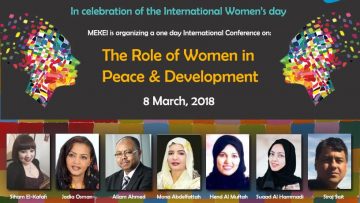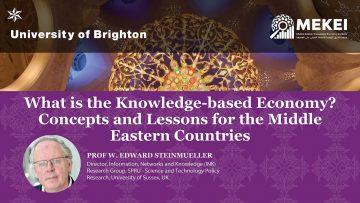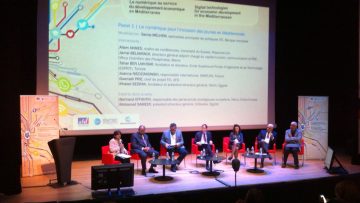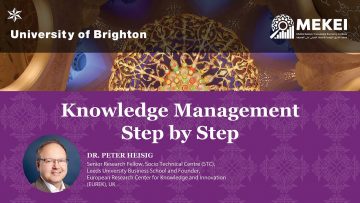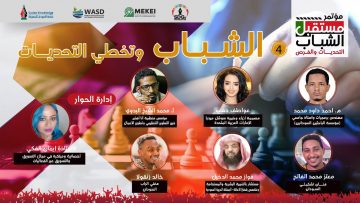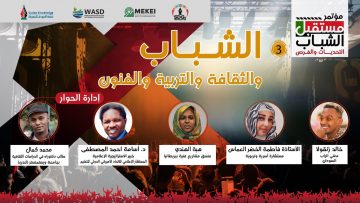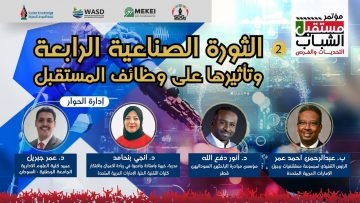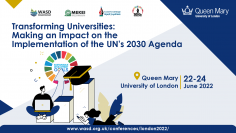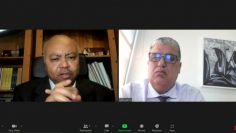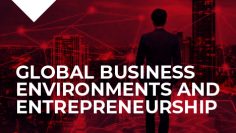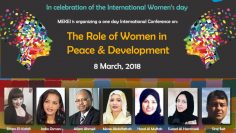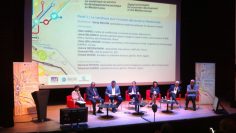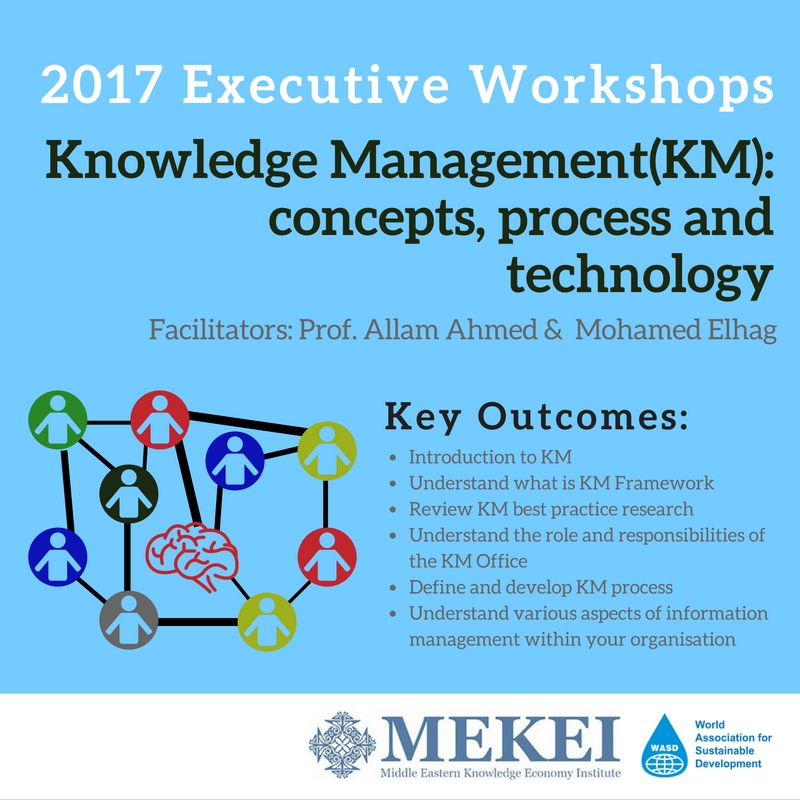
Knowledge Management: concepts, process and technology
23-24 April, Manama – Bahrain
Introduction
This workshop has been designed to introduce a variety of perspectives on knowledge management (KM) in the public and private sectors. The workshop aims to enable knowledge managers, analysts and decision makers to introduce fit-for-purpose KM Framework to their organisations. At the end of the course attendees should be able to acquire a comprehensive knowledge and practical experience about KM best-in-class methodology and technology in alignment with the local needs and capabilities. Moreover, after competition of the course, attendees to write a report, supported by the tutor, of what they have learnt and what is particularly relevant to their employers. A focus to be one aspect of the course which has implications for the way they will improve their professional practice when they return to their employers. This will help reassure the employers of the benefits of the programme and help consolidate the understanding of the manager.
What are the objectives?
- This integrative course aims to develop a deeper understanding of the theoretical and practical aspects to KM, and to develop the essential skills and competencies necessary to plan, identify and examine the objectives, advantages, drawbacks, models, stages and requirements of KM framework.
- Develop an understanding of the different approaches and methodologies to KM.
- Addresses the practical challenges that managers face as they seek to build, upgrade and exploit knowledge assets within their organizations.
- Enable attendees to effectively develop KM business processes to facilitate appropriate capturing of technical requirements.
- Develop an overall awareness of tools and techniques to identify and manage the organisation intellectual capital & the associated information assets.
- Develop an overall awareness of the latest technology tools, trends and the various options to support KM frameworks.
- Enable the attendees to effectively identify/develop/manage technical requirements for KM systems.
- This course will also complement the different management skills already developed through earlier business and management courses.
- Using participants’ own organisations as cases, participants will explore how and when they can establish KM initiatives in their organisations and who will be involved? In addition, participants will have insight into: critical analysis; interactive and team working; creativity; and hands-on exercises and problem solving.
- Introduction to KM.
- Subjects covered within the course will include: an introduction to KM; initiating KM projects in your organisation; KM technologies and systems.
- Understand what is KM Framework: the behaviours, standards and solutions that allow you to share and use information to support your sector, division and personal goals.
- Review KM best practice research: content and document management; collaborations and social media; and search engines and semantic find-ability.
- Provide examples of relevant knowledge items and the documents you will need to populate the new KM system and to share across your organisation.
- Understand the role and responsibilities of the KM Office as part of a hub and spoke model to ensure consistency in standards and approach as well as the role of Knowledge Champions (KC) in the establishment of the KM culture within your organisation.
- Define and develop KM process including the adoption processes modeling convention as well as embedding knowledge capturing and utilization into the organisational processes.
- Understand various aspects of information management within your organisation such as your organisation information assets; information security and barriers against sharing information; as well as taxonomy and ontology design.
- Capturing and defining technical requirements which include technology alignment with the KM processes; workflows strategy; developing a requirements document as well as managing KM technology projects.
Who should attend?
- The workshop covers materials for all levels from supervisory through to senior level.
- Managers and directors responsible for transformation, project, programme, knowledge, innovation or change management.
- Experienced managers who have significant futures oriented management responsibilities, and who are interested in reflecting on their own experience and discovering new ideas.
- Public, voluntary and private sector managers responsible for leading change and transformation efforts.
- Academics including researchers and students who are interested in KM and in being part of an engaging educational experience that explore the challenges and opportunities that face organizations.
Course structure
- For each session there is an activity or set of activities. These are designed to help you engage with the introduction to the theories explored within the course.
- Your tutor will be on hand to guide you through the course and will expect you to bring to bear personal experience and reflection on the topics covered.
- Group work will be required for participants to engage in the workshop. Such activity allows participants to embed the new knowledge within their experience through active discussion and challenge.
Course material
Included in the course fee, the following learning materials will be provided:
- All overhead slides/transparencies.
- Case studies (print and video) used on the course.
- Certificate of attendance from MEKEI, UK
Facilitators
Professor Allam Ahmed
Director
Middle Eastern Knowledge Economy Institute
United Kingdom
Mohamed Elhag
Advisory Senior Manager
Performance Improvement-Programme Management
Ernest and Young
Qatar





